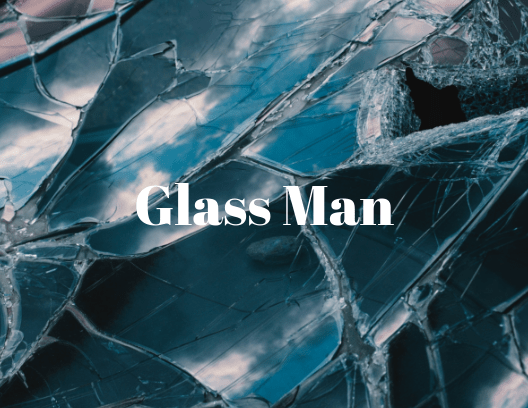
Gizelle Fletcher writes:
I am really good at worrying about things that never come to pass. It is one of my more impressive skills, one I hope to one day monetize. I primarily dedicate my worrying to my lovers and my writing. I worry about the regular, degular, schmegular shit that every writer does: am I good enough? Will my story be published? Who even cares about what I have to say? Is the juice worth the squeeze? Mainly, I worry about language, that fickle, layered beast that often says more than it says. Like every writer, I hope to achieve the right level of sass & complex metaphorical rendering of a simple, relatable subject. But my natural tongue wasn’t intended for the written word.
I was born and raised in Kingston, Jamaica, where the Queen’s English was, quite literally, forced down our throats in schools. In my own home, my mother told us that we weren’t allowed to speak Patois, the “broken” English born from a mash-up of English and different African languages until we mastered English. Patois was the language of the “lesser,” heard but never seen. It lived in songs, on sidewalks, circled the spaces only ears could fit. English, on the other hand, was seen: postured in books, stylized in newspapers—the walking stick of stories.
Like any good British colonial subject, I internalized this hierarchy: English meant educated. Patois meant poor. And like any good British colonial subject, it did not strike me as odd that our literature was set everywhere but Jamaica. Or that all the stories were in English. Or that my reaction to Patois in books is a cringe, despite the fact that’s how I best express myself.
Enter Marlon James, whose Brief History of Seven Killings won the Man Booker Prize in 2015. Brief History was a masterful work of fiction surrounding the attempted murder of Bob Marley, known throughout the narrative as “The Singer.” A friend sent it to me when I was going through a rough time and attached a note that said, “Never forget where you come from and you can never get lost.” The levels of that note are still unraveling onion-like, but it that book definitely “showed me where I came from.” Brief History was a Jamaican chorus—different voices, each telling their own story, coming together to weave a single narrative about Jamaica and Jamaicans.
So many of the characters spoke exclusively in Patois. Raw-chaw Patois. Patois I’m surprised non-Jamaicans understood. All I could think was, “You can do that?”
Most of the books I’d read up to that point, even if they were set in Jamaica or elsewhere in the Caribbean, give or take a few lines of dialogue, were written in standard English, that foreign tongue we use to supplicate a colorless god. So in my own writing, I would imitate the styles I’d been shown. The stark but floral musings of Keats, Byron, Shelley. Fiction in which snow smeared the December grounds and buildings were tall enough to nuzzle the sky’s chin. Despite how stiff, how foreign it felt, I never even considered writing any other way: not of mountains curving mustache-like on Kingston’s every horizon, or the vulgar sounds of sales in Half-Way-Tree. No. These images, painted clearest in Patois, were not the stuff books were made of. To me, books only happen in one type of English.
Since reading Brief History, I’ve sought out the rest of James’s works. Turns out his previous book, Book of Night Women, was rendered almost entirely in Patois. Reading him lead me to other Caribbean authors like Makeda Silvera, Kei Miller, Shani Mootoo, all of whom employ their other Englishes in service of the story. Their stories are distinctly Caribbean. Their voice is the August hurricane, power outages, the echoing smell of a kerosene lamp. The taximan’s One and ready! proclamation during rush hour. Reading their stories puts me in a different, but a welcome place of seeing, in addition to hearing, Patois. Two worlds I didn’t know could come together did just that.
I’ve since started to use Patois more in my writing, but as I said before, I am a professional worrier. Even though it is how I best express myself, I worry whether people will understand me. Will they make the same effort to read the “difficult language” of a writer without Marlon James’ clout? As a young writer, I can’t help but think about the audience. If I write in patois, will they understand me? If they can’t, will they keep reading? Will I get my message all the way across if I speak in a language that they aren’t comfortable hearing, much less seeing? Every rejection letter makes me wonder if they’re rejecting it because my writing isn’t accessible enough.
These Caribbean writers give me hope: write anyway, and the intended recipients will show up. When a thing comes out better in Patois, or whatever other English one speaks, follow that instinct. It is difficult to feel comfortable writing in my natural tongue, a unique type of English, for the American publishing industrial complex. These stories are my favorite to read because they affirm my language and my experiences in general. I want to give that to other people too, so the juice is worth the squeeze.
You can contact Gizelle and find more of her reviews and essays by clicking here.
© Candice Lola. All Rights Reserved. Privacy Policy.
Site by Komposition.




